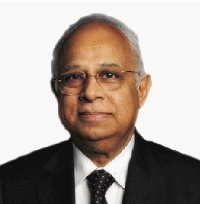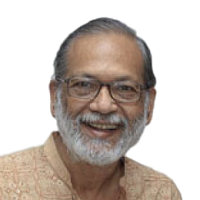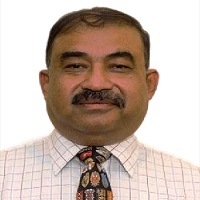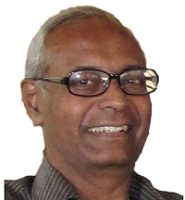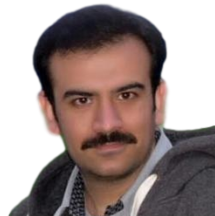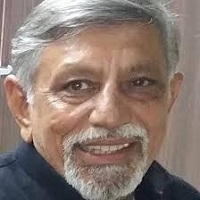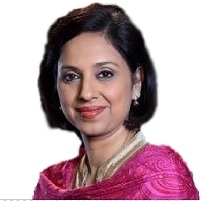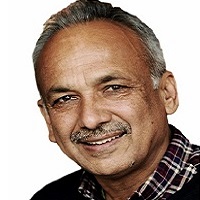With 10 days to go for the swearing-in ceremony for the US’s new President Donald Trump, The Hindu asked foreign policy expert David Rothkopf, CEO and Editor of portal FP.com on what is expected from his first few days in office.
2016 was called the year of anger given startling election results in several countries. What would you say were the broad trends of the year in the world in 2016?
David Rothkopf : Much of what we saw in the headlines from BREXIT to the rejection of the Colombia peace deal to the election of Donald Trump related to a pervasive distrust of institutions and a widespread sense that governments are much more responsive to the needs of elites than they are to people at large. These feelings are driven by other factors — a couple of which are linked to longer-term trends. I like to refer to them as the fast change and the slow change. The fast change is technology driven. It is leading to hyper-productivity, which is literally changing the nature of work (and destroying many traditional
jobs along the way) and also the rise of social media which is changing the nature of community and political discourse. The slow change is demographic which is leading to aging societies in the developed world and china, shifting populations worldwide which are producing a fear of the “other” (exacerbated by crisis driven dislocations and terrorism), etc. Both drive social and economic anxiety which has set the stage for the political unpredictability and backlashes we have seen. One important note, however. What we see in headlines is different from the trends that are driving history. The year’s headlines were disturbing. But positive historical trends — growing connectivity, better health care, longer lives, growing economies, more access to information, spreading freedoms, fewer wars and conflict deaths, etc. All suggest that life on the planet is getting better even if you couldn’t tell that from the political moods in some countries.
Is the shock of the election result now wearing off in Washington?
David Rothkopf : The shock is wearing off a little. Many on the republican side of the aisle are trying to treat Trump as business as usual. But the majority of Americans voted for someone else and Trump is entering office with the lowest approval rating of any incoming president in modern history. Many normal and many professionals are deeply, deeply concerned that trump will be an unusually damaging president for U.S. Interests at home and abroad. Certainly, that is my view.
On Jan 20th, what do you think President Trump’s first foreign policy moves is going to be?
David Rothkopf : Mr. Trump will likely take on China on trade, take moves to “build the wall” (with Mexico), or otherwise deal with illegal immigration from the South, possibly embrace Russia more closely on combatting ISIS, taking steps to renew pressure on Iran, embracing a more extreme view on Israel (consistent with the Netanyahu government), etc.
How do you think the Trump administration will deal with India?
David Rothkopf : I think the India relationship will likely fair pretty well. Trump’s team is skeptical of China. There is no way to contain China without a close relationship between the US and India. Further, trump has business ties in India and that matters to him. In His warm phone call with Nawaz Sharif was based almost exclusively on ignorance so we shouldn’t read too much into that. Further, the business community likes a strong US-India relationship and he will be responsive to them. The trends of history are toward much closer us-india cooperation and he can’t undo those trends. Nor will he be inclined to.
Will he continue to build on the defence ‘Pivot to Asia’?
David Rothkopf : I’m sure that the “pivot” will not be pursued as such as it is seen as a Clinton-Obama policy. That said, the rising importance of Asia is not a policy choice so much as it is a recognition of an economic and political reality. The center of economic and political gravity on the planet has shifted from the US across the pacific and attentions of policymakers everywhere must follow that.


